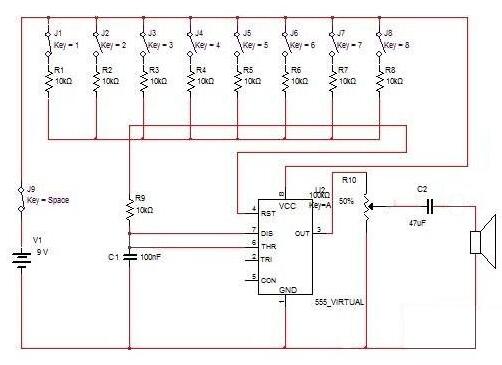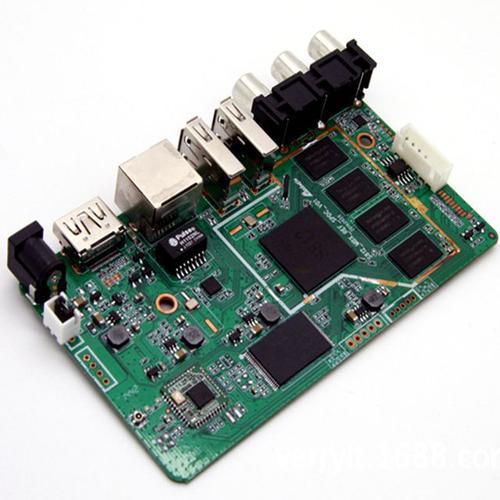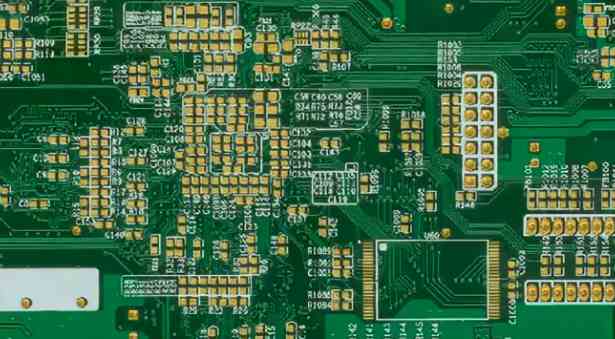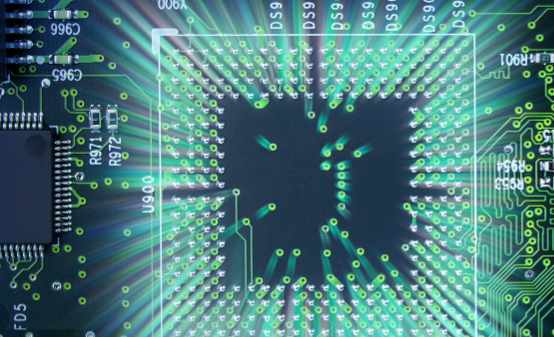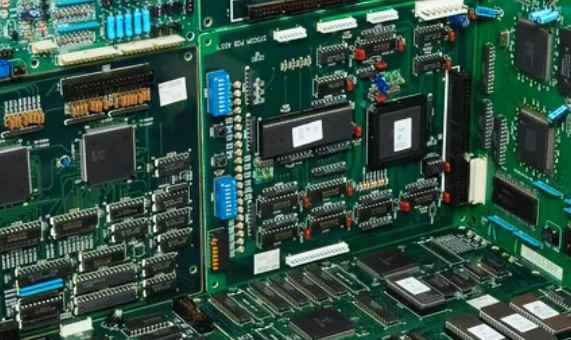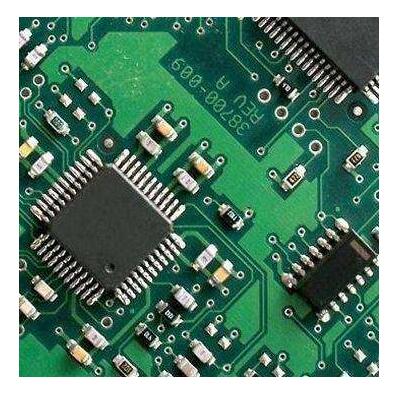
(1) The power line is an important way for EMI to enter and exit the circuit. Through the power line, external interference can be introduced into the internal circuit, affecting the RF circuit indicators. In order to reduce electromagnetic radiation and coupling, the primary side, secondary side and load side loop areas of the DC-DC module are required to be minimum. No matter how complex the form of the power supply circuit, its large current loop should be as small as possible. Power cables and ground cables should always be placed close together.
(2) If a switching power supply is used in the circuit, the layout of peripheral components of the switching power supply shall comply with the principle of the shortest return path of each power. The filter capacitor should be close to the switching power supply related pin. Use a common-mode inductor, near the switching power module.
(3) The long distance power cord of the single board should not approach or pass near the output and input terminals of the cascade amplifier (gain greater than 45dB) at the same time. Prevent the power cable from being the RF signal transmission route, which may cause self-excitation or reduce sector isolation. High frequency filtering capacitors are needed at both ends of the long distance power line, and even in the middle.
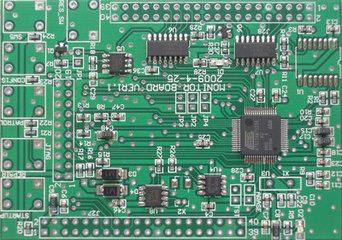
(4) RF printed circuit board power supply entrance is combined with three filter capacitors in parallel, and the advantages of these three capacitors are used to filter out the low, medium and high frequency on the power line respectively. Example: 10uf, 0.1uf, 100pf. And in order from the largest to the smallest close to the power input pin.
(5) When the same set of power supply is used to feed the small-signal cascade amplifier, it should start from the final stage and supply power to the forward stage successively, so that the EMI generated by the final stage circuit has less influence on the former stage. And each level of power filter has at least two capacitors: 0.1uf and 100pf. When the signal frequency is higher than 1GHz, 10pf filter capacitance should be added.
(6) Commonly used to low-power electronic filter, filter capacitor to close to the transistor pin, high-frequency filter capacitor closer to the pin. Choose a triode with lower cutoff frequency. If the transistor in the electronic filter is a high frequency tube, working in the amplifier area, peripheral device layout and unreasonable, it is easy to produce high frequency oscillation at the output end of the power supply. Linear voltage regulator modules may also have the same problem, because there is a feedback loop in the chip, and the internal transistor works in the amplifier area. The high frequency filter capacitor is required to be close to the pin to reduce the distributed inductance and destroy the oscillation condition.
(7) Copper foil dimensions for the POWER portion of the PCB board conform to the maximum current it flows through, taking into account the allowance (1A/mm linewidth for general reference).
(8) Input and output of the power cord cannot be crossed.
(9) Pay attention to power decoupling and filtering to prevent interference from different units through the power line. Power lines should be isolated from each other during power wiring. Power cables are isolated from other strong interference cables (such as CLKS).
(10) The wiring of the power supply of the small signal amplifier needs to be isolated from the copper skin and the ground hole to avoid other EMI interference from being tampered into, which will further deteriorate the signal quality of this level.
(11) Different power layers should avoid overlapping in space. Mainly in order to reduce the interference between different power sources, especially some power sources with large voltage differences, the overlapping problem of the power plane must be tried to avoid, it is difficult to avoid can consider the interval formation.
(12) PCB board layer distribution is convenient to simplify the subsequent wiring processing. For a four-layer PCB board (commonly used in WLAN circuit board), in most applications, the top layer of the circuit board is used to place components and RF leads, the second layer is used as a system, the power part is placed in the third layer, and any signal lines can be distributed in the fourth layer.
The continuous ground plan layout of the second layer is necessary to establish an impedance-controlled RF signal path. It also facilitates the shortest possible ground loop, providing a high degree of electrical isolation between the first and third layers, so that the coupling between the two layers is minimal. Of course, other layers can be defined (especially if the board has different layers), but this structure is a proven success story.

(13) The large area of the power layer can make Vcc wiring easy, but this structure is often the fuse that leads to the deterioration of the system performance. Connecting all the power leads together on a large plane will not avoid the noise transmission between the pins. On the other hand, using a star topology reduces coupling between different power pins.
When using star topology Vcc leads, it is also necessary to take proper power decoupling, and the decoupling capacitor has some parasitic inductance. In fact, the capacitor is equivalent to a series RLC circuit. The capacitor plays a dominant role in the low frequency band, but at the self-excited oscillation frequency (SRF),
After that, the capacitance's impedance will take on an electrical sensibility. It follows that the capacitor is decoupled only when the frequency is close to or below its SRF, and at these frequency points the capacitance behaves as low resistance.
It is best to place a large capacity capacitor such as 2.2μF at the primary node of the Vcc star topology. The capacitor has a low SRF and is effective for eliminating low frequency noise and establishing a stable DC voltage. Each power pin of the IC requires a low-capacity capacitor (e.g. 10nF) to filter out high-frequency noise that may be coupled to the power line. For power pins that supply noise sensitive circuits, two bypass capacitors may be required. For example, using a 10pF capacitor in parallel with a 10nF capacitor to provide the bypass provides decoupling over a wider frequency range, minimizing the effect of noise on the supply voltage. Each power supply pin needs to be carefully examined to determine how much decoupling capacitance is required and at what frequency the actual circuit is susceptible to noise.
Good power decoupling, combined with rigorous PCB layout and Vcc leads (star topology), can lay a solid foundation for any RF system design. Having a "noise-free" power supply is essential to optimizing system performance, although there are other factors that can degrade system performance in the actual design.


